16 questions that aroused with Sushant Singh Rajput’s death, and here’s what celebrities has to say about it
Shreya Sinha
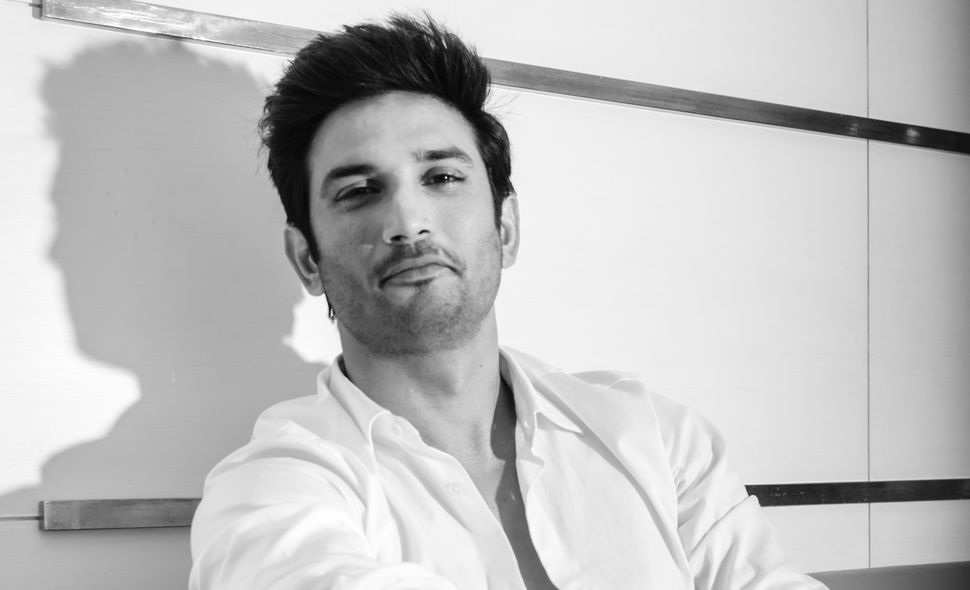
Actor Sushant Singh Rajput’s sad passing on June 14 has left a void in the film industry. But the aftermath of his death has been quite eventful. It has reignited the insiders versus outsiders debate in Bollywood and many are now slamming certain members of the film industry for upholding the idea of nepotism. His death has also put the spotlight on awareness and treatment of mental health issues. Here are some members of the entertainment industry who answer pertinent questions raised by his death.
1.Can Bollywood be called one big family?

MANOJ BAJPAYEE: No it is not a big family, I don’t get fooled by this. We are not. We are scattered, fragmented, there are different groups, I don’t belong to any of them. On the first day itself post Satya, I had decided I will only focus on roles which are offered to me and go home, and work on my terms and conditions, that’s it. But yes, eventually, the industry itself will have to come together, if not now, tomorrow for it’s betterment and own healthy being. It will have to be democratic for it’s own good. Let’s see when that happens.
2. Does nepotism pose a threat to ‘outsiders’ in the film industry?

TAAPSEE PANNU: Yes it does, but so does a threat of being cheated , threat of being forced and sexually harassed and so does the threat of social media trials for sometimes no fault. And all these threats are equally harmful for a new talent coming in the industry. I have lost a lot of films and opportunities to someone under the umbrella of nepotism but I refuse to blame it for every hurdle and I refuse to let it bog me down and not give a strong fight back. There are advantages and disadvantages of being a star kid, and being an outsider.
3. Are camps, power tables and favouritism common in the Hindi film industry and one has to make peace with it?

DAISY SHAH:This is prevalent in all industries. It’s easy to speak against it, but you’re forgetting that there have been many ‘favourites’ who have not got a flourishing career. I feel indicating at these ‘camps’ isn’t going to help you be successful. Everybody in the industry is working hard. The path they embark upon on the road to success is subjective and some are lucky to be able to have a helping hand. It’s an unfortunate fact of life, we all should make peace with it.
4. Do TV actors, who transition to films, have to struggle hard for acceptance by the fraternity?

MRUNAL THAKUR: : Everybody in Bollywood go through their share of struggles. When I started, I faced the stereotype that TV actors can’t be a part of film industry. But I realised I can break this if I work on my craft and I also got rid of my Marathi accent… I was also under a lot of pressure to be on social networking sites. As far as expectations are concerned if you’re talented, do your job well, people will support you. Struggles I went through made me better.
5. If rejected for a film, is it right for actors to question their self-worth?
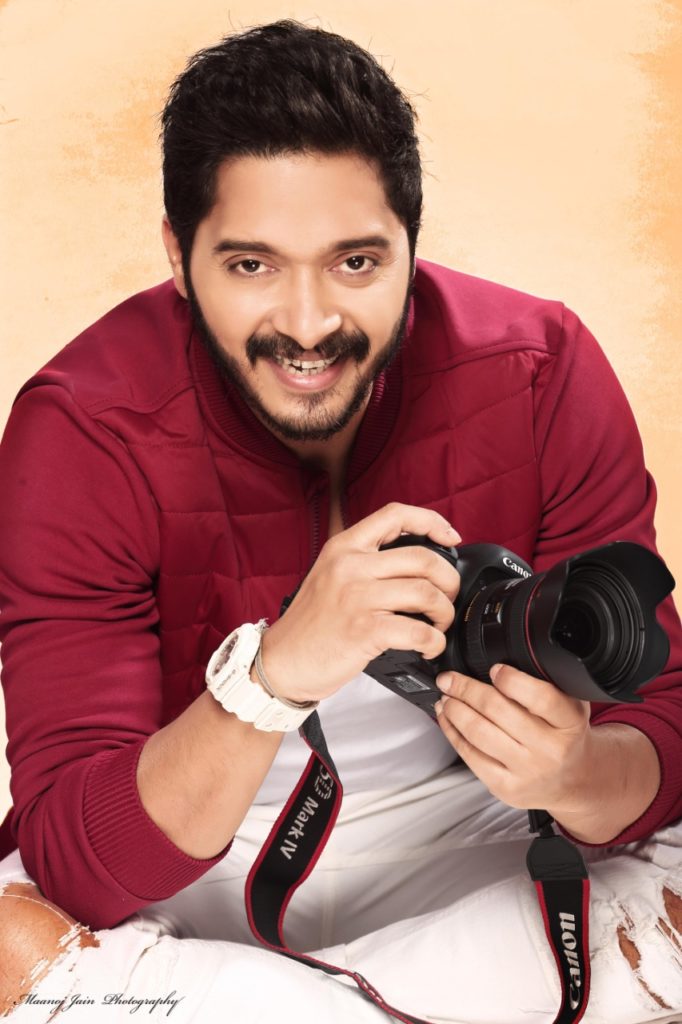
SHREYAS TALPADE: You get your first film and if it works you feel arrived. But then when you get rejected soon after, you do tend to question your capabilities. Most people, not everyone though, tend to get wiser with experience. I remember after Iqbal’s success, I auditioned for a film. The director said I don’t fit in the comedy space because I’ve a serious image. Then Golmaal Returns worked and the same director said he misjudged my talent. So a few things not working out doesn’t mean you aren’t worth it. You can’t make everyone happy, but you can work on your capabilities and make yourself happy.
6: Is there a constant fear in the mind of actors to be thrown out of Bollywood of their films don’t work?
AAHANA KUMRA : We’re living in a world which is structured in a way where if you don’t deliver the good you won’t be considered successful. Your success is measured by how much money your product makes. That happens in most businesses, not just in Bollywood. Having said that, yes outsiders don’t get enough chances. But, a child from the film industry will get chance after chance, and will be allowed to do more films. We may get one film and if we don’t deliver the good, we may not be considered for another so that’s the challenge.
7.Can the fear of failure and not being able to cope with it push one to end their life?
ADHYAYAN SUMMAN: Ending your life isn’t the solution, but the pressure is ten-fold in the Hindi film industry, because there’s not just money involved, but also this delusional thing called ‘fame’. People get carried away, that’s a bigger enemy people face in the industry today. When you don’t achieve that, having people around you is important, but it’s more important to know this is very temporary. I have struggled in the last seven-eight years, and didn’t get the right work. Today, I am steadily building it back again, slowly and steadily.
8. Does the culture of sidelining not so successful actors exist in Bollywood?
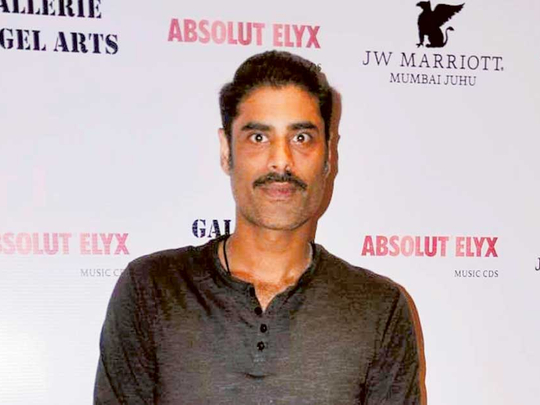
SIKANDAR KHER: In no way do I think that this a cultural thing, this is not a culture thing. This, the film industry, is a business like any other. If you are doing well, your films are doing well, you are “successful”, then work will come easily to you. But if things aren’t going with you and your career, then well it will get tougher and tougher to get work. You just have to keep your head down and try to get more work. That’s all you can do really.
9. Has mental health always been a important yet neglected subject when it comes to actors?
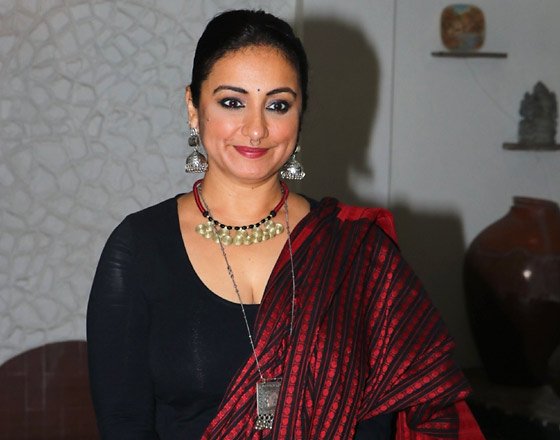
DIVYA DUTTA: It is not about discussing, it is about who to discuss it with, how to discuss it. You will be judged instantly. Arre yaar usko toh yeh hai aur firr do jagah aur baat ho jaayegi. It will not help a person with the mental health issue. But are others doing anything about it? No, nothing. We have to look within first. The point is about the psyche of people. It is all very superficial unless you have a strong family and friends support, it’s difficult. We just say hi and hello to one another but beyond that is a solo journey and that can be lonely at times.
10. Do actors often not admit that they are depressed because they fear being judged and it might affect their work?
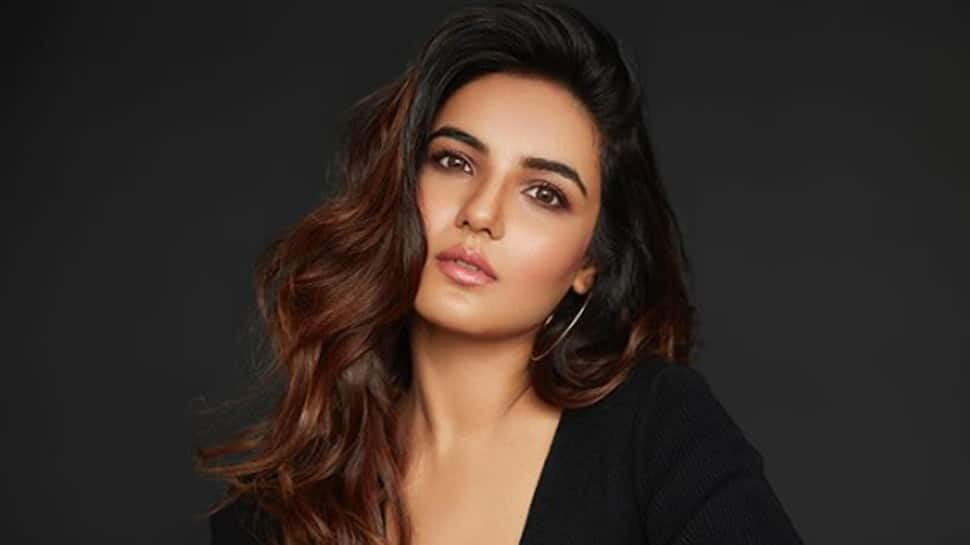
JASMIN BHASIN: Everyone experiences depression at one point or the other. As an actor we’ve lot of extra pressures and expectations from outside, sometimes it’s self-created too. And many do fear being judged and worry about work getting affected if someone comes to know about their mental state. I’ve experienced depression and could deal with it because of my family and friends. Being a straight-forward person I don’t bottle up my thoughts and feelings, that helped. Understanding the right perspective and constant reality checks help. Those who matter should know about you. Also everything about an actor is not for public consumption.
11. Is it true that most of the actors are vulnerable and have darkness in their lives being a part of this glamorous industry?

SHAMA SIKANDER: This is very difficult place to be extremely demanding in all ways possible. You are so exposed. To become knows there is so much you need to do, physically, emotionally and mentally. It can totally torment you. Yes it absolutely does push you in dark zones because it is tough, it is the toughest profession ever. There is so much competition. Everybody is ready to do everything and a person who does that is chosen over another person who is probably more talented and deserving. That can also push you into dark spaces. Whoever survives and has survived in the industry are extremely strong people.
12. Can being mocked at, ridiculed on an award show or a talk show break an actor’s confidence and make him feel unwanted?
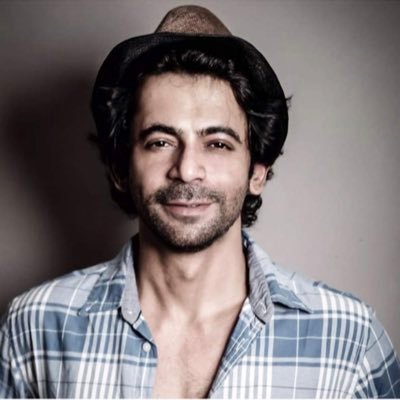
SUNIL GROVER: During my initial days, while doing a show, an actor came up to me and said that I should be careful about what I say. So I understood that I need to be careful. I wasn’t known then, so I guess the trust factor was missing. Even now, before any show or award ceremony I discuss certain jokes with actors in advance. There have also been instances when actors did say they loved my performance but they disagreed with a few things. So I’ve been extra cautious, but unknowingly at times things do go wrong… I think one should laugh and we should not take ourselves so seriously. It’s also important for people to be sensitve towards other person’s sentiments, whether it’s a remark or a joke, one needs to be careful.
13: Social media is a big part of an actor’s life. Does toxicity on such platforms and merciless trolling affect one’s emotional well being?

ADAH SHARMA: Trolling someone on social media of course can affect someone’s well being. Not just on social media in real life as well. Not just trolling even excluding someone ,ignoring someone can have a worse if not the same effect as trolling . I’m one of those fortunate actors who has a very loyal fan base. For me, the toxicity hasn’t got out of hand on social media to be honest. I’ve also had practice dealing with enough toxicity in real life so social media trolls are nothing in comparison. I’m also okay with criticism toxic or constructive as long as I’m allowed to participate in the race… Not being allowed to participate or being excluded I think is more toxic
14. Is this unfortunate incident a wake-up call for many actors who might be out of work or not doing very well for themselves, to talk and seek help?

SAYANI GUPTA: Yes. All actors and in fact all of us, irrespective of our profession should seek therapy because life in today’s day and age is much more complex and stressful than it used to be for our earlier generation. And the internet/ social media also adds to it. We all go through ups and downs in this cut throat competitive world and speaking to a counsellor always helps in getting a fresh perspective. Therapy should be a must from school through your professional life.
15. Instead of expecting an actor suffering from depression to seek help, shouldn’t those close to them and are in power reach out to them?
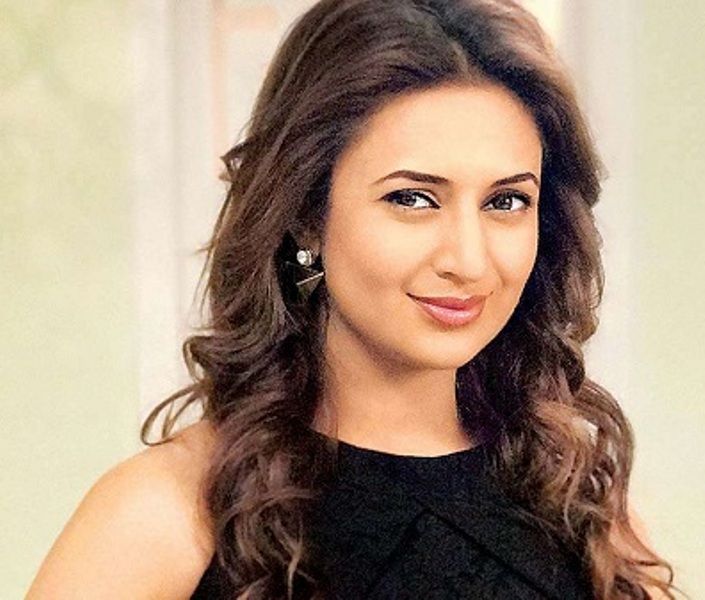
DIVYANKA TRIPATHI DAHIYA: I feel taking lesson from this, entire entertainment fraternity must change. All artists go through a low phase. Hence, we should consciously aim to develop empathy for our fellow actors /directors /writers to name a few, instead of spotting competition in them and trying to demean, demoralise or ignore them. We all must try stepping into each other’s shoes before commenting. Depression isn’t an overnight process. It happens due to years of peer pressure, struggle for work, or industry bullying. There may be long financial or relationship problems also leading to it. So a problem can’t be solved with a few phone calls.
16: Relationships in Bollywood are under a constant spotlight, does it also make one very prone to mental pressure?
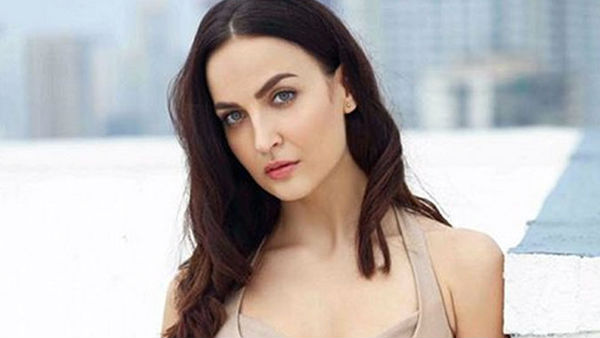
ELLI AVRRAM: It has affected my relationship, whatever I have had in my career so far. I have always been a very private person, so it’s been very difficult to handle this. I know some people be like ‘doesn’t matter, let people talk and write whatever they want, it’s part and parcel of being a public figure’. I have been very sensitive towards it. Sometimes it ends up destroying your relationship with that person. What happens is a lot of celebs want to get clicked by the paparazzi, and people are aware that lot of celebs make sure their PR calls for paps to get clicked with one person. You are a person who doesn’t do these things, but your partner might believe you are the ones who has called them, and might start doubting that you are doing it as a PR activity. It spoils it, that is sad.
